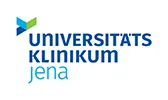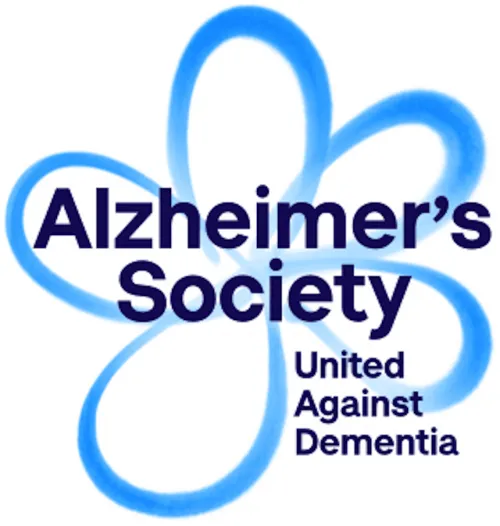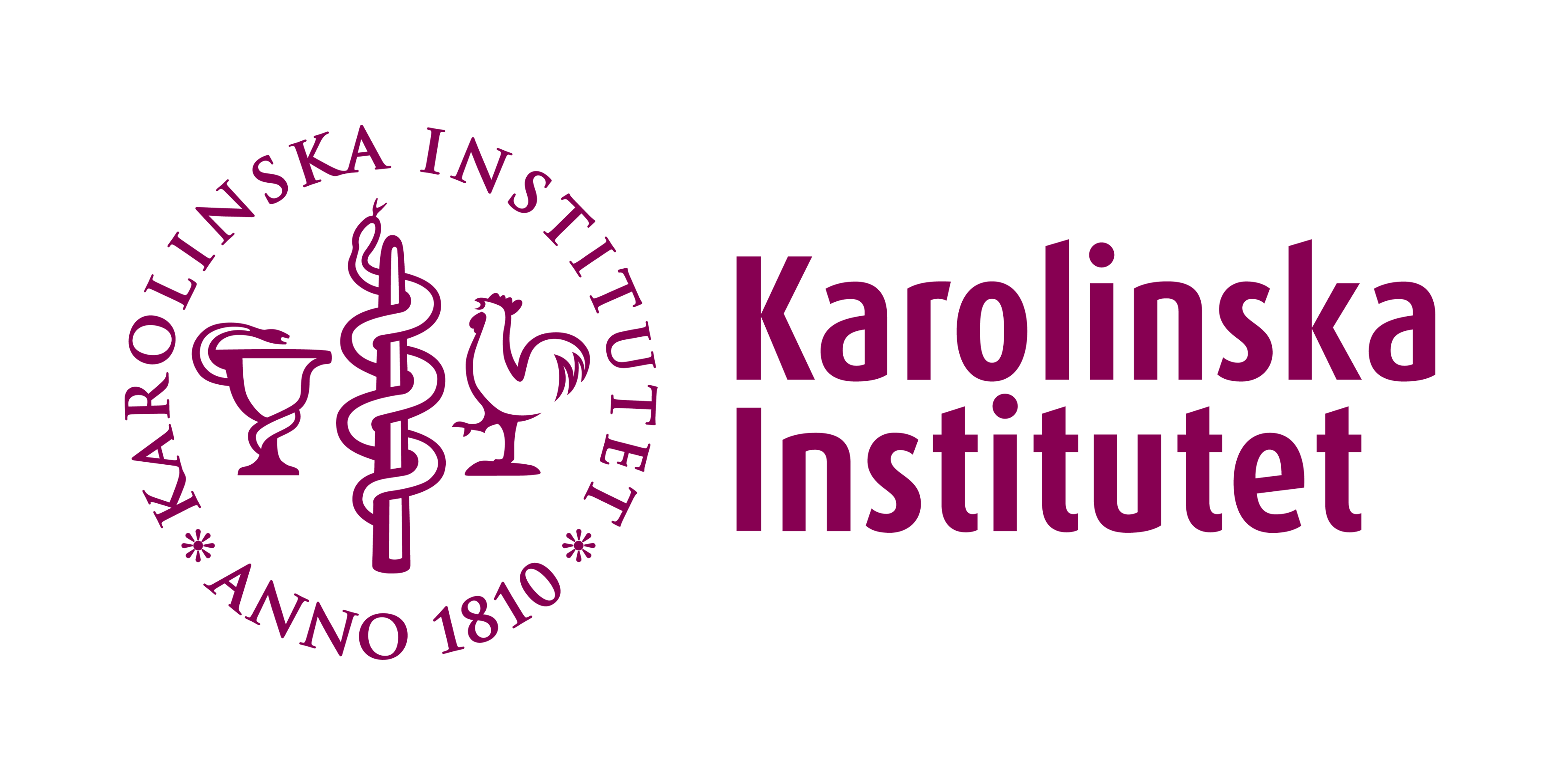TOBeATPAIN (Targeting neuroinflammation to combat pathological pain in neurodegenerative diseases and chronic pain syndromes) is funded by the Horizon 2020 programme of the European Union. The project is coordinated by the Institute of Psychiatry, Psychology and Neuroscience, at King’s College London (KCL), started in August 2018 and is funded for 4 years.
The TOBeATPAIN research training programme is based on state-of-the-art lab-based Network-wide and local training activities, including secondments and scientific visits and specialised complementary skills focused on entrepreneurship and societal engagement.
Do mechanisms of neuroinflammation offer innovative targets for pathological pain therapy?
Several questions stem from this main question and they are as follows:
- Are there common mechanisms at work during neurodegenerative diseases and chronic pain?
- Do changes in the CNS pain areas, which are triggered by inflammatory processes in arthritis, facilitate the generation of pathological pain in neurodegenerative diseases?
- How do (micro)glial activation states in neurodegeneration compare to glial reactive reaction in chronic pain states?
- Is there a difference due to the fact that in neurodegeneration the brain is the main site of neuroinflammation whilst in chronic pain the PNS and spinal cord are the major sites?
Overview and objectives
An increased or decreased ability to perceive pain has drastic and costly effects on the European population in terms of their performance at work and daily quality of life. Specifically, moderate to severe chronic pain in both musculoskeletal conditions and neuropathic pain states occurs in 19% of adult Europeans and in 50% of these cases, patients receive inadequate treatment for their chronic pain. Novel, more effective treatments are therefore required. Furthermore, pain is a major comorbidity in age-related neurodegenerative diseases and with the predicted near doubling of the EU population aged >65 reaching 151 million in 2060, the management of pain is a significant public health concern.
An emerging concept in the pain research area is that the inflammatory response associated with damage in the central nervous system (CNS) and peripheral nervous system (PNS), namely neuroinflammation, may contribute to a variety of pain states, encompassing those that have either a peripheral or CNS origin.
TOBeATPAIN does propose an innovative approach that will examine the neuroinflammation associated with pain in peripheral and central diseases and will identify the critical non–neuronal cellular players and mediators involved in pathological pain signalling. The following two hypothesis will be tested. The first is that neuroinflammation represents an underlying mechanism of pathological pain that occurs as a result of diseases within the brain as well as in the peripheral nervous system. The second is that the precise mechanisms of neuroinflammation in peripheral and brain diseases share some features but also vary and possess individual characteristics.
Scientific themes
TOBeATPAIN is structured around two scientific themes:
- Pathophysiology of pain in neurodegenerative diseases characterised by neuroinflammation.
- Pathophysiology of neuroinflammation in chronic pain syndromes.
To develop these themes, TOBeATPAIN has formulated three research objectives:
- To establish the mechanisms by which (micro)glia activity impacts on pain in neurodegenerative conditions (central damage).
- To establish the mechanisms by which (micro)glia affect pain in fibromyalgia and rheumatoid arthritis (peripheral damage).
- To establish the mechanisms by which (micro)glia activity affects pain in peripheral neuropathies (peripheral damage).
Unique training platform
The strong intersectoral (5 universities, 3 biotech SMEs, 2 large companies, and 1 non-profit research charity) character offers a unique training platform that ensures exposure to different research/training environments and cultures. The central role of the private sector highlights the ethos of this ITN whereby both translation of scientific training into practice and strengthening of private-public sector links are essential for the success of the EU2020 strategy, as well as for significant economic and social outcome.
This project has received funding from the European Union’s Horizon 2020 research and innovation programme under the Marie Skłodowska-Curie Grant Agreement No 764860.
Our Partners
Partner and host institutions

Friedrich-Schiller University Jena (FSU), Universitätsklinikum Jena (UKJ)

MUI, Medizinischen Universität Innsbruck

UKW, Universitätsklinikum Würzburg

Kancera AB

Bionorica Research GmbH

Eli Lilly and Company Ltd

Mabtech AB

European Research and Project Office GmbH (EURICE)

Alzheimer's Society

Group lead
Contact us
Wolfson Centre for Age-Related Diseases
Institute of Psychiatry, Psychology & Neuroscience
Wolfson Wing, Hodgkin Building, Guy’s Campus
London
SE1 1UL


